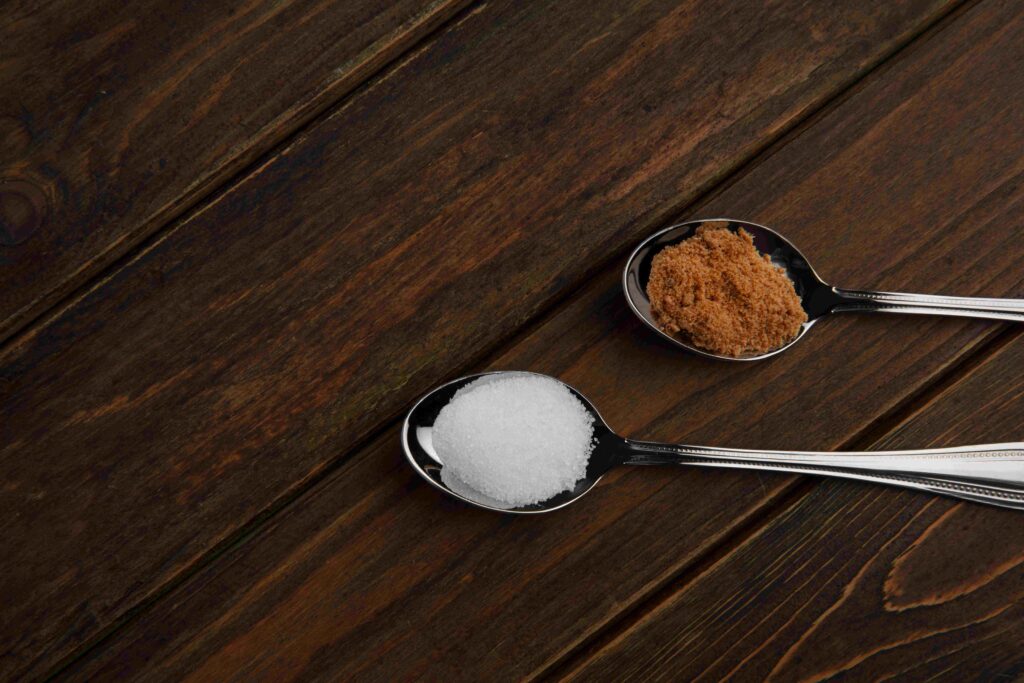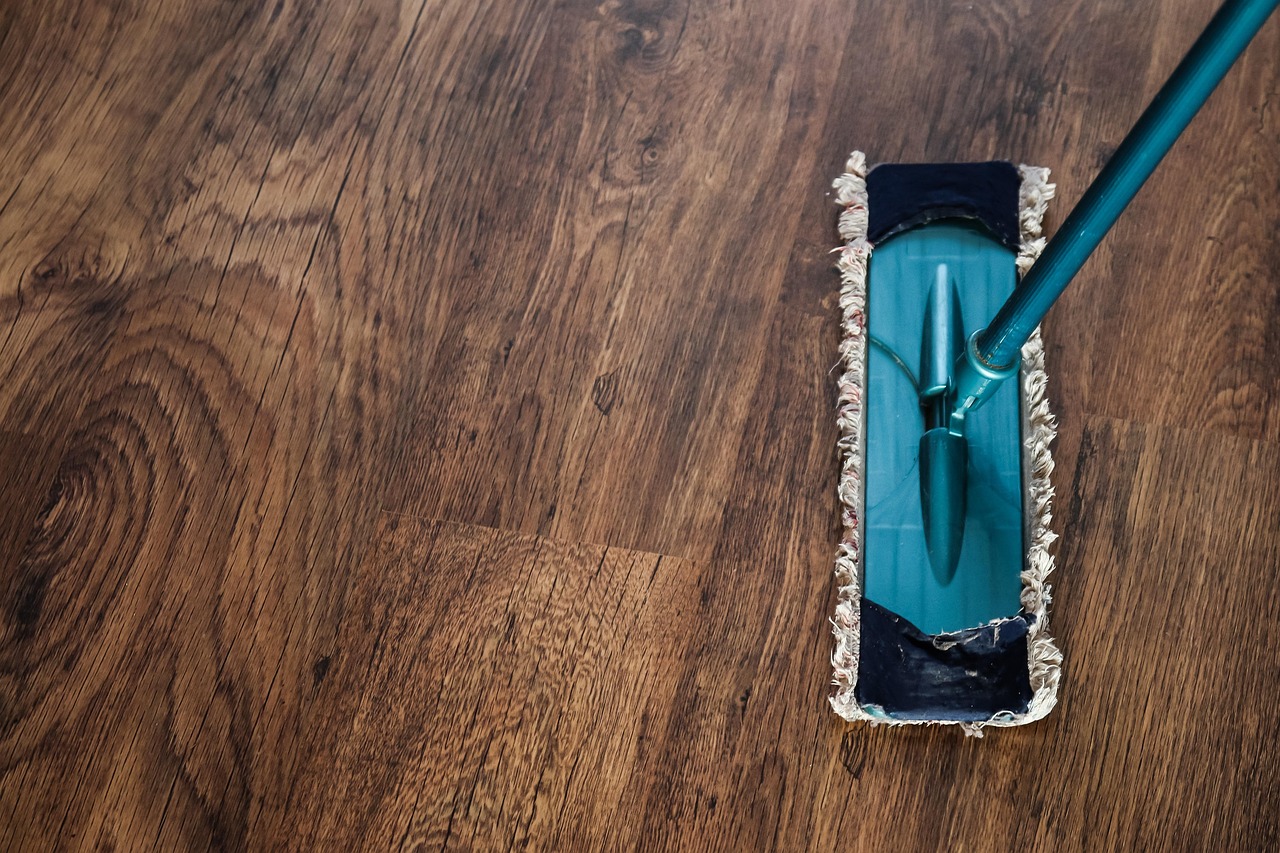If you have been wondering, what is sodium lauryl sulfate (SLS)?, then you are in at the right place.
SLS is a widely used ingredient in personal care and cleaning products. You’ve probably come across it in shampoos, toothpaste, soaps, and even household cleaners. Known for its ability to create a rich foam, it helps remove dirt and oils effectively.
Despite its usefulness, many people wonder about its safety and impact on health. Questions like “Is it safe for sensitive skin?” and “What makes it so common?” are often asked. This blog explores the role of SLS in formulations, its benefits, risks, and why alternatives are gaining popularity.
Let’s look at what is SLS, where SLS is found, what it does, and how it shapes the products we use daily.
What is Sodium Lauryl Sulfate?
Sodium Lauryl Sulfate (SLS) is a widely used surfactant known for its cleaning and foaming abilities. A surfactant works by reducing the surface tension between two substances, such as oil and water, allowing them to mix. This makes SLS an essential ingredient in products designed to cleanse, such as shampoos, soaps, and toothpaste.
Chemical Structure of SLS
SLS is an anionic surfactant, meaning it carries a negative charge, which helps it bind with dirt and grease. Below is a breakdown of its structure:
| Component | Function |
|---|---|
| Hydrophobic Tail | A long chain of carbon atoms that attracts and binds to oils and grease. |
| Hydrophilic Head | A sulfate group (-SO4) that interacts with water, allowing oils to be rinsed away. |
Together, these properties make SLS break down oily substances and create foam, enhancing the effectiveness of cleaning products.
What Does SLS Do in Formulations?
In personal care products, SLS acts as both a cleansing agent and a foaming agent. Its foam improves the product’s spreadability, ensuring that it covers surfaces effectively during use. In toothpaste, for instance, SLS helps remove food debris while creating foam that makes brushing feel thorough.
What is Sodium Lauryl Sulfate Derived From?
SLS can be derived from natural sources or synthesized in a laboratory. Both methods yield the same chemical structure, ensuring consistent performance across applications.
Natural Sources
SLS is often made using coconut or palm kernel oil. These oils are processed to extract lauryl alcohol, which is then converted into SLS through a chemical reaction. This process results in a partially plant-based compound, which appeals to consumers seeking natural or eco-friendly products.
Synthetic Sources
In synthetic production, lauryl alcohol is created from petroleum derivatives. This method allows for large-scale manufacturing, ensuring a steady and cost-effective supply for industries.
| Source | Characteristics |
|---|---|
| Natural (Coconut/Palm Kernel Oil) | Plant-derived, appeals to eco-conscious consumers, but more expensive to produce. |
| Synthetic (Petroleum-Based) | Laboratory-manufactured, cost-effective, and consistent quality, but lacks the natural appeal. |
Impact of Sourcing
The choice between natural and synthetic SLS depends on the manufacturer’s priorities and consumer preferences. Natural SLS is often marketed as eco-friendly but can raise product costs. Synthetic SLS, on the other hand, ensures affordability and consistency but may not appeal to consumers seeking plant-based options.
Understanding the origins of SLS can help consumers make informed decisions about the products they choose. Whether natural or synthetic, the compound remains a versatile and effective ingredient in formulations.
Sodium Lauryl Sulfate is a synthetic chemical surfactant that forms the majority of household and personal care products. This is a type of sulfate, and it can be chemically derived from petroleum or plant-based products such as coconut oil or palm oil. It is a surfactant, which acts to reduce the surface tension of water so that it could interact with molecules of oil and dirt, break them up, and wash away more easily.
SLS is particularly valued for its capability to formulate a rich lather, an appealing attribute in soaps and shampoos as well as any body washes. The foaming action created by this chemical has been proven to distribute the product across the skin or hair, thereby enhancing cleaning efficacy. It is also economical, which makes it most popular to most formulators.
What is Sodium Lauryl Sulfate’s Key Attribute?
-
- Surfactant: It reduces the surface tension so that dirt and oil can be easily removed.
- A Foaming Agent: It creates a good lather that offers a better feel during usage.
- Multi-Purpose: It is applied in a wide range of products from cosmetic to industrial.
Sodium Lauryl Sulfate has been a synthetic favourite for many decades without any controversy. It is only recently that there have been some concerns over its effects on human skin health as well as environmental sustainability.
SLS in personal care products
Sodium Lauryl Sulfate is perhaps one of the most universal ingredients used in formulations for personal care. As an emulsifying agent, it dissolves oils and picks up dirt from one’s skin, hair, and even teeth. Although SLS chemical isn’t harmful in itself if present in small concentrations, excessive use or in high quantities will cause irritation to a susceptible skin, especially for sensitive skin and eczema sufferers.
Some common personal care products containing SLS include the following:
-
- Shampoos: It is responsible for the foamy texture, which most consumers associate with a good cleansing action.
- Toothpaste: The foaming action of SLS helps disperse the paste throughout the mouth for an enhanced cleaning action.
- Body washes and soaps: It makes the product spread very easily on the skin, allowing dirt and oil to be removed.
Though very effective, SLS has been lately linked to the stripping of natural oils from the skin and hair; it might therefore cause irritation and dryness. So the big question would then be: What is SLS doing besides cleaning, and is it suitable for all skin types?

What does SLS do to your skin and hair?
Sodium Lauryl Sulfate cleanses very effectively because it has the power of cleaning strong oils and dirt. While this is its strength, it can remove other essential oils meant to maintain a natural moisture level of skin and hair. Such products tend to cause irritation and redness in sensitive skin types, mainly if used regularly. In individuals having some skin condition prior, SLS tends to worsen the symptoms.
For these reasons, many companies that manufacture personal care products have already introduced SLS-free alternatives for individuals having sensitive skin or for those with wide perception about the disadvantages of this chemical compound.
Role of SLS in Cleaning Products
Sodium Lauryl Sulfate is one of the prominent personal care ingredients, but it also makes significant use in household cleaning formulations. Since it easily breaks down grease and grime, SLS finds its application in products such as dishwashing detergents, laundry detergents, and surface cleaners.
Cleaning Products with SLS:
-
- Dishwashing detergents: Helps to dissolve the grease and remove grease from dishes.
- Laundry detergents: It acts as a surfactant that lifts dirt and oils from the clothing.
- All-purpose cleaners: These break down grease on the countertops, floors, and other surfaces.
In these applications, the strong ability to fight grease in SLS is more useful than the possible danger of skin irritation. Still, people should take care to rinse and avoid residue, which will irritate if left on the skin.
The Controversy: Is SLS Safe?
Its widespread use and exposure have raised questions regarding Sodium Lauryl Sulfate’s safety. Regulatory bodies, the U.S. Food and Drug Administration (FDA) and the European Union declared that SLS is safe to be used. Still, some are concerned that Sodium Lauryl Sulfate could give skin irritations or cause harm to the environment.
Important concerns with SLS are:
-
- Skin Irritation: Long-term use or high concentration of SLS can disrupt the natural barrier function of the skin, leading to dryness and irritation over time.
- Ecological Impact: As SLS is sourced either from petroleum or palm oil, its production process impacts deforestation and exploitation of resources.
- Toxication in Water Systems: SLS chemical causes potential damage to aquatic life when released into the water system from homes.
The concentrations of SLS present in most personal care and cleaning products, however, do not pose a threat to most consumers. Consumers with sensitive skin or who are a pro-environmentalist are likely to choose alternatives.
SLS-Free Alternatives: A Growing Trend
With the growing threat regarding the safety of Sodium Lauryl Sulfate, more and more companies have started providing customers with SLS-free options for their personal and cleaning products. These formulas incorporate gentler surfactants-surfactants from natural origins such as Sodium Laureth Sulfate (SLES), Coco Glucoside, or Decyl Glucoside-that will not irritate the skin significantly.
Popular SLS-Free Products:
-
- Sulfate-free shampoos: Alternative shampoos use milder surfactants to clean the hair rather than strip the natural oil from the hair.
- SLS-free toothpaste: Created for sensitive gums, it is used by people and does not cause irritation like a traditional SLS-based formula.
- Eco-friendly cleaners: Nowadays, most eco-friendly brands offer cleaning products that do not contain SLS. They instead opt for plant-based ingredients.
Customers who look for gentler or more environmentally friendly products are asked to pay close attention to the labels to look for products stating, ‘SLS free’.
Also Read: Misconceptions About Sodium Laureth Ether Sulfate
Innovations and Alternatives to Sodium Lauryl Sulfate
With the growing awareness of some of the potential drawbacks of using Sodium Lauryl Sulfate (SLS), personal care as well as cleaning industries are finding innovative alternatives. Although the new products give the exact same foaming and cleansing benefits like SLS chemicals but irritate less, popularity in gentler alternatives is seen in the likes of Sodium Coco-Sulfate (SCS) and Sodium Lauroyl Methyl Isethionate. These have a good cleaning and lower the chances of irritation on the skin, hence appropriate for delicate skin products.
In addition, increasingly popular sulfate-free formulations, particularly for shampoos and skincare products, are in demand by consumers who are searching for more environmentally friendly, gentle-on-the-skin products. Brands are responding by highlighting what does SLS do, with claims of possible irritations and offering sulfate-free options to meet the demand for a cleaner and more sustainable beauty and cleaning product. This represents an overarching preference among consumers for healthier, safer formulations.
Conclusion
Now that you know what is sodium lauryl sulfate and why SLS has remained one of the most common ingredients used in personal care and cleaning products since its discovery. However, its irritative nature on sensitive skin as well as some environment-related problems have pushed consumers as well as manufacturers into finding safer and greener alternatives.
The higher the people who get to know what kind of destruction SLS causes, the higher are people demanding milder and sulphate-free formulations. Thus, many new sulphate-free products came into the market.
And with the emergence of new trends and opportunities, companies should always keep themselves at the forefront by using safer and more eco-friendly ingredients. If you are interested in finding a trusted partner that may assist you in formulating high-performance, sustainable alternatives in your SLS-containing products, you have come to the right place.
We at Elchemy specialize in sourcing and developing innovative, eco-friendly ingredients. This is mainly to fulfil the mounting consumer demand for cleaner, safer personal care as well as cleaning formulations. Contact Elchemy today to learn how we can transform your offerings into superior alternatives that make the best sense both to your customers and under economic and environmental sustainability imperatives















